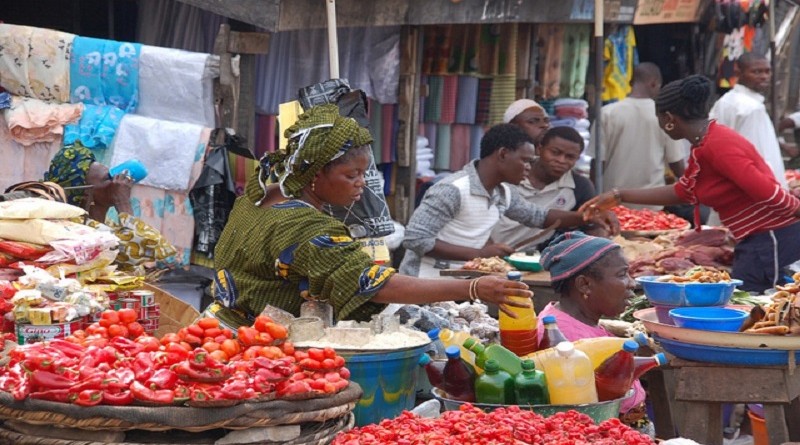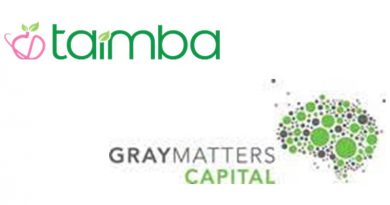Nigeria’s Inflation surge to 33.69% with food inflation at 40.53%
The National Bureau of Statistics (NBS) has released its latest consumer price index (CPI) and inflation report, revealing that Nigeria’s headline inflation has reached 33.69%. This represents a 0.49% increase from the previous month’s rate of 33.20% and an 11.47% increase compared to the 22.22% recorded in April 2023. The urban and rural inflation rates have also risen, reaching 36% and 31.64% respectively. Furthermore, food inflation has soared to 40.53%, marking a significant 15.92% increase from the 24.61% recorded in April 2023.
At the state level, Kogi, Kwara, and Ondo states have experienced the highest year-on-year increase, with rates of 48.62%, 46.73%, and 45.87% respectively. On the other hand, Adamawa, Bauchi, and Nasarawa states have recorded the slowest rise, with rates of 33.61%, 33.85%, and 34.03% respectively. This surge in inflation can be attributed to higher prices for staple items such as millet flour, garlic, bread, and various oils.
To address this persistent inflation, the government should focus on strengthening agricultural supply chains to stabilize food prices and supply. Additionally, implementing targeted subsidies for essential goods and staples can help reduce the impact, as these are the most consumed food items by the population. It is important to note that Nigeria heavily relies on agricultural imports, which amounted to about N1.04 trillion in 2023 and accounted for 6.4% of total imports. Therefore, food prices are susceptible to exchange rate fluctuations. Ensuring stability in the exchange rate is crucial in achieving price stability and a low food inflation rate.




